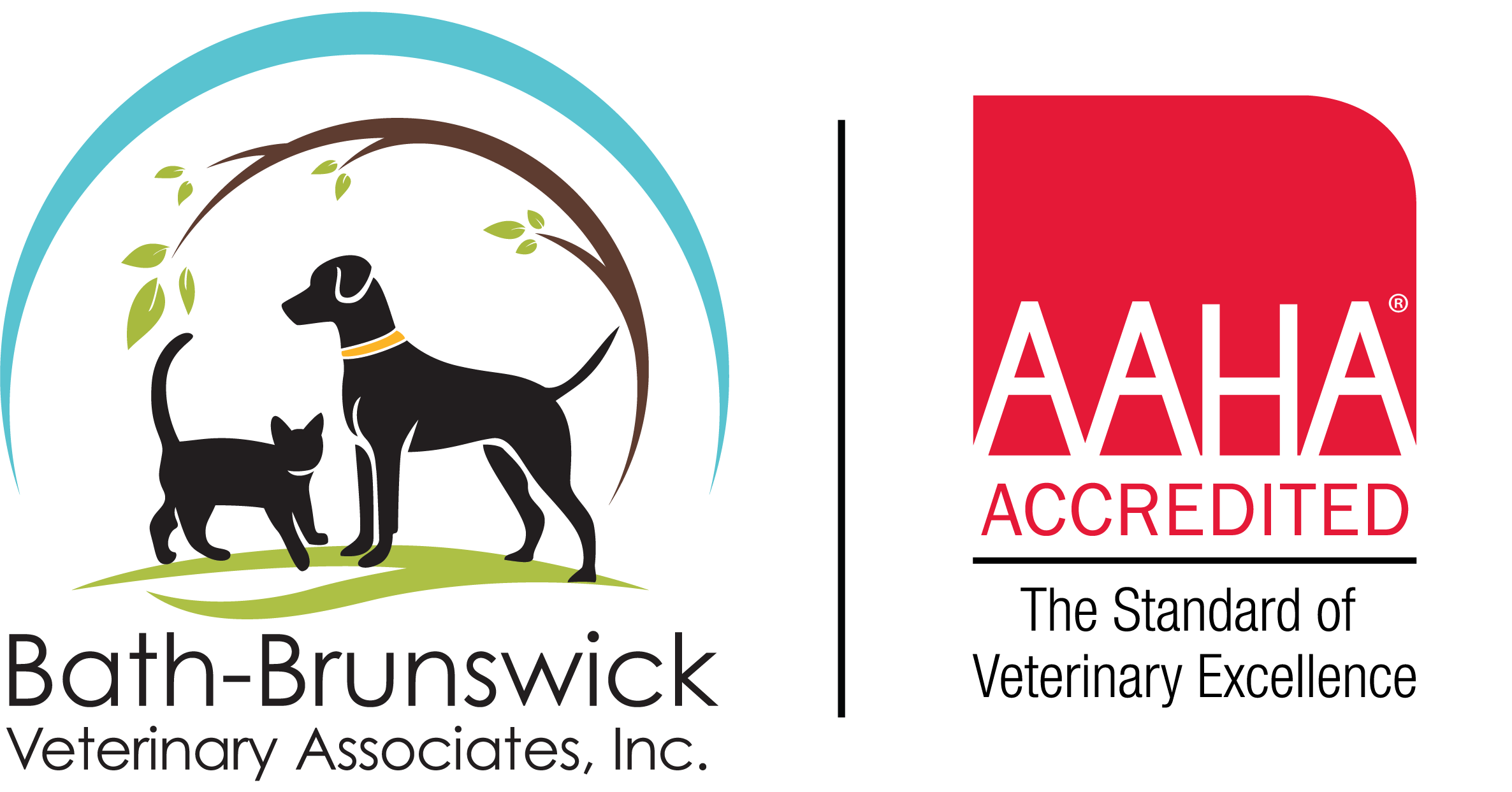Preventative/Wellness Care for Your Dog & Cat
Preventative & Wellness Checklist For Your Pets
Do you consider yourself part of your pet’s medical team? If not, you should! While annual exams by our veterinarians are your pet’s best defense in keeping them healthy, they need your help as well. Check out what is on your “to-do list” below;
Vaccinations: Keeping your pet up to date on immunizations is a highly effective way to prevent many common diseases and infections like distemper and rabies. Beyond those core vaccines, your pet’s age, lifestyle, and likely exposure to certain diseases will be evaluated. Keep us up to date on lifestyle changes that may impact your pet’s health.
Dental Care: Imagine what your teeth would be like if you never cleaned them. Well, the same thing is happening to your pet’s teeth without good oral care. Watch for build-up, changes in eating habits, facial swelling, or bad breath. There are many things you can do at home; brush your pet’s teeth, use water additives or specially designed toys. Ask us which ones we like best!
Parasite Control: Fleas, ticks, worms – preventing them in the first place is much easier and less expensive than getting rid of them after they have infested your pet, or your home. We recommend monitoring your pet and having them screened for internal parasites regularly. Ask our team which flea, tick, and heartworm prevention(s) we like best.
Proper Nutrition: There’s often confusion about what to feed your pet. Dry vs. wet? Home-cooked meals? Raw food diet? Proper nutrition is important to your pet’s good health, and highly dependent on many factors. Chat with your veterinarian to determine what is best for your pet and your lifestyle. As your pet ages or habits change, you may need to make diet changes.
Behavioral Evaluation: Changes in mood or behavior can often be a symptom of an underlying medical condition. Swiftly addressing these shifts can help to identify and treat the root cause. If your pet begins behaving differently, give us a call.
Skin and Coat Care: Grooming and washing are fundamental aspects of proper pet hygiene. Proper skin and hair care can prevent things like mange, matting, bacterial infections and more. As your pet (especially cats) ages, self-grooming may become more difficult, and they may need the help of a professional.
Exercise: Regular exercise or play time supports musculoskeletal and cardiovascular health in pets of all ages and can improve their mental well-being. Puzzles, introducing new toys, learning new tricks, or practicing ones they already know are also great exercises for their mind.
Senior Animals: Preventative care is even more significant for our older pets. Dogs & cats age much more rapidly than humans, so diseases and illness progress faster as well. We recommend twice-yearly exams and screenings for seniors to help prolong and improve the quality of their lives.
